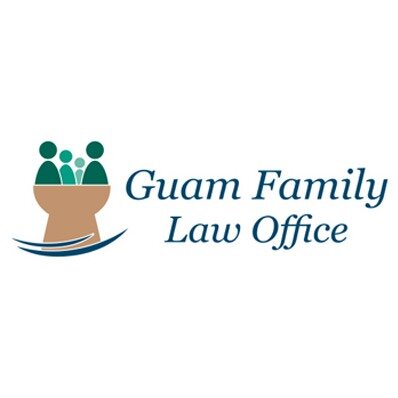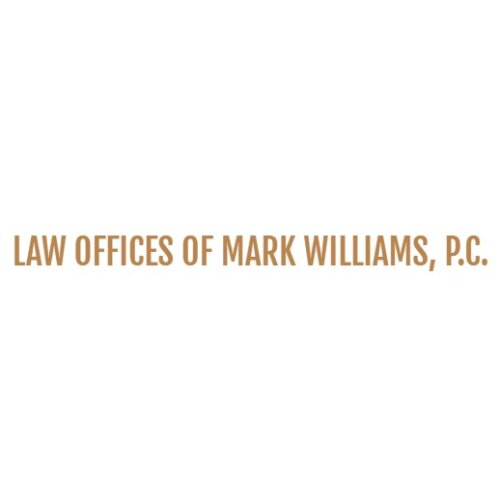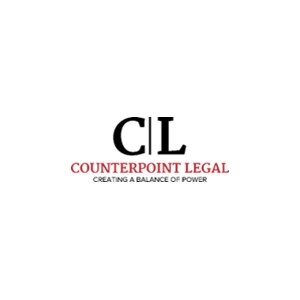Best Collaborative Law Lawyers in Hagåtña
Share your needs with us, get contacted by law firms.
Free. Takes 2 min.
Free Guide to Hiring a Family Lawyer
List of the best lawyers in Hagåtña, Guam
About Collaborative Law in Hagåtña, Guam
Collaborative Law is an innovative approach to legal disputes that emphasizes negotiation, cooperation, and problem-solving over traditional adversarial methods. In Hagåtña, Guam, Collaborative Law is gaining recognition as an effective means to resolve conflicts, particularly in family law cases such as divorce and child custody, without the need for contentious court battles. This method involves both parties working alongside their respective attorneys to reach mutually satisfactory outcomes through structured discussions and negotiations.
Why You May Need a Lawyer
There are several scenarios where individuals might seek legal assistance under the Collaborative Law model in Hagåtña, Guam:
- Couples undergoing separation or divorce who wish to avoid the adversarial courtroom process.
- Parents looking to establish a cooperative parenting plan for child custody and visitation.
- Businesses involved in disputes seeking a resolution that maintains relationships.
- Property and estate division where parties prefer a negotiated settlement.
Collaborative Law can be an appealing alternative for those desiring a more amicable resolution with less emotional and financial strain.
Local Laws Overview
In Hagåtña, Guam, as in many jurisdictions, Collaborative Law operates within the framework of family and civil law but offers a distinct approach. Key aspects include:
- The voluntary participation of both parties in the process.
- An agreement to resolve issues outside of court, with the understanding that litigation will not be pursued if the collaborative process breaks down.
- Lawyers who represent clients during the collaborative process must withdraw if the process fails and the dispute proceeds to litigation.
- The involvement of neutral professionals, such as financial advisors or child specialists, to provide unbiased input and facilitate resolution.
Frequently Asked Questions
What is the main principle of Collaborative Law?
The main principle is to resolve disputes through negotiation and cooperation, focusing on mutual decision-making rather than adversarial litigation.
How does Collaborative Law differ from mediation?
While both focus on out-of-court settlements, Collaborative Law involves representation by attorneys for each party, whereas mediation is typically facilitated by a neutral third party without legal representatives.
Is Collaborative Law binding?
The agreements reached in Collaborative Law can be made binding with a court order, ensuring they are legally enforceable.
What happens if we can't reach an agreement?
If a settlement isn't reached, the attorneys must withdraw, and the parties may need to seek new legal representation for litigation.
Is Collaborative Law suitable for everyone?
Collaborative Law is ideal for those willing to actively participate in negotiations and with a genuine interest in maintaining relationships, but may not suit high-conflict situations.
Can Collaborative Law handle complex financial issues?
Yes, complex financial matters can be addressed with the help of neutral financial experts brought into the process.
Are discussions during Collaborative Law confidential?
Yes, all discussions and negotiations are confidential and cannot be used in court if the process transitions to litigation.
How long does the Collaborative Law process typically take?
The duration varies but is often shorter than litigation due to its structured negotiation process and focus on efficient resolutions.
Can children be involved in Collaborative Law discussions?
Child specialists may be included to represent the child’s interests, but direct involvement of children depends on the case's circumstances.
Do I still need a lawyer for Collaborative Law?
Yes, both parties need their own legal representatives to provide advice, support the negotiation process, and ensure their interests are protected.
Additional Resources
For those seeking further information or assistance in Collaborative Law, consider reaching out to the following resources:
- Guam Bar Association: Provides referrals to qualified Collaborative Law attorneys.
- Guam Legal Services Corporation: Offers legal aid and can provide guidance on collaborative practices.
- Family Court of Guam: May offer resources or information sessions regarding dispute resolution methods.
Next Steps
If you find yourself in need of legal assistance through Collaborative Law in Hagåtña, Guam, consider taking the following steps:
- Consult with a legal professional that specializes in Collaborative Law to discuss your situation and explore if it's the right fit for you.
- Prepare any relevant documents or information that can aid in the negotiation process.
- Engage in open and honest communication with the other party to set expectations and agree to the collaborative approach.
- Consider involving neutral specialists, like financial advisors or child experts, to facilitate a balanced negotiation.
Collaborative Law offers a promising path for dispute resolution, emphasizing understanding, cooperation, and communication.
Lawzana helps you find the best lawyers and law firms in Hagåtña through a curated and pre-screened list of qualified legal professionals. Our platform offers rankings and detailed profiles of attorneys and law firms, allowing you to compare based on practice areas, including Collaborative Law, experience, and client feedback.
Each profile includes a description of the firm's areas of practice, client reviews, team members and partners, year of establishment, spoken languages, office locations, contact information, social media presence, and any published articles or resources. Most firms on our platform speak English and are experienced in both local and international legal matters.
Get a quote from top-rated law firms in Hagåtña, Guam — quickly, securely, and without unnecessary hassle.
Disclaimer:
The information provided on this page is for general informational purposes only and does not constitute legal advice. While we strive to ensure the accuracy and relevance of the content, legal information may change over time, and interpretations of the law can vary. You should always consult with a qualified legal professional for advice specific to your situation.
We disclaim all liability for actions taken or not taken based on the content of this page. If you believe any information is incorrect or outdated, please contact us, and we will review and update it where appropriate.










